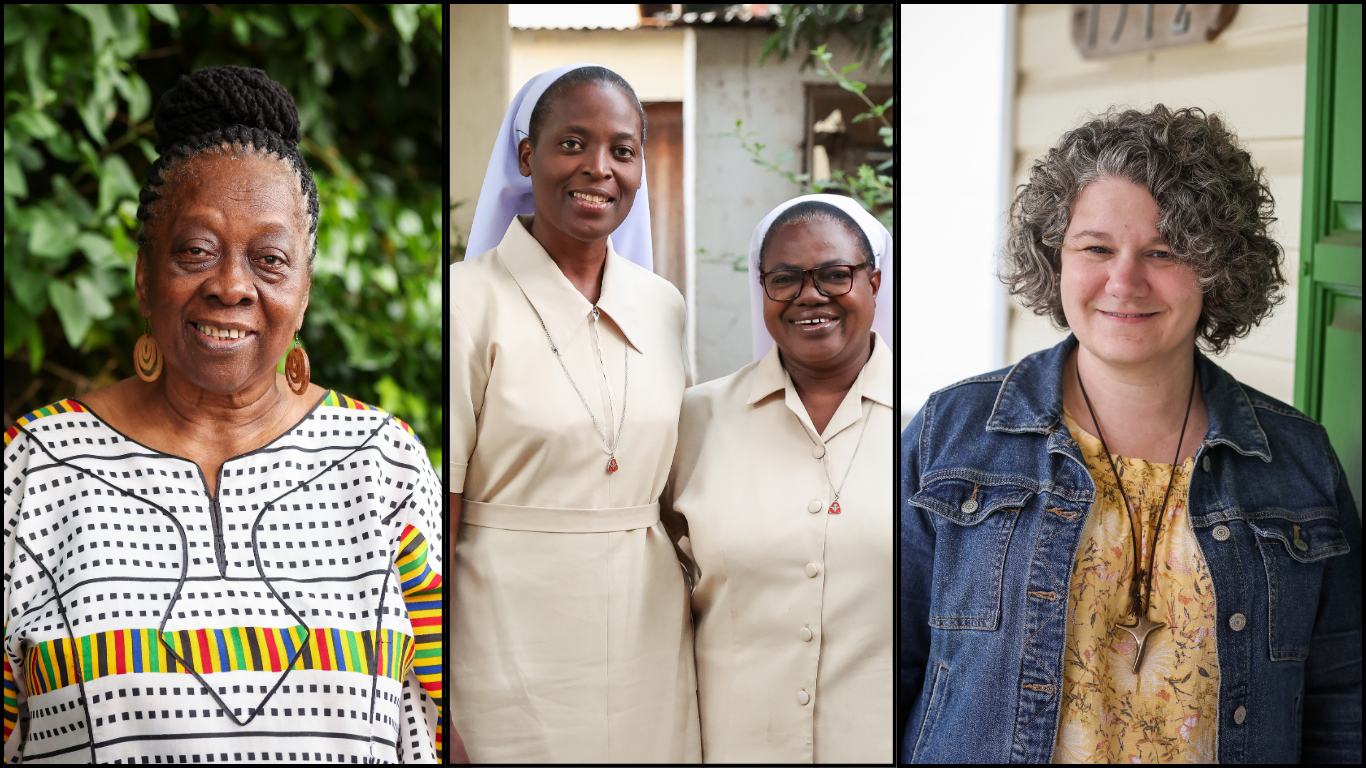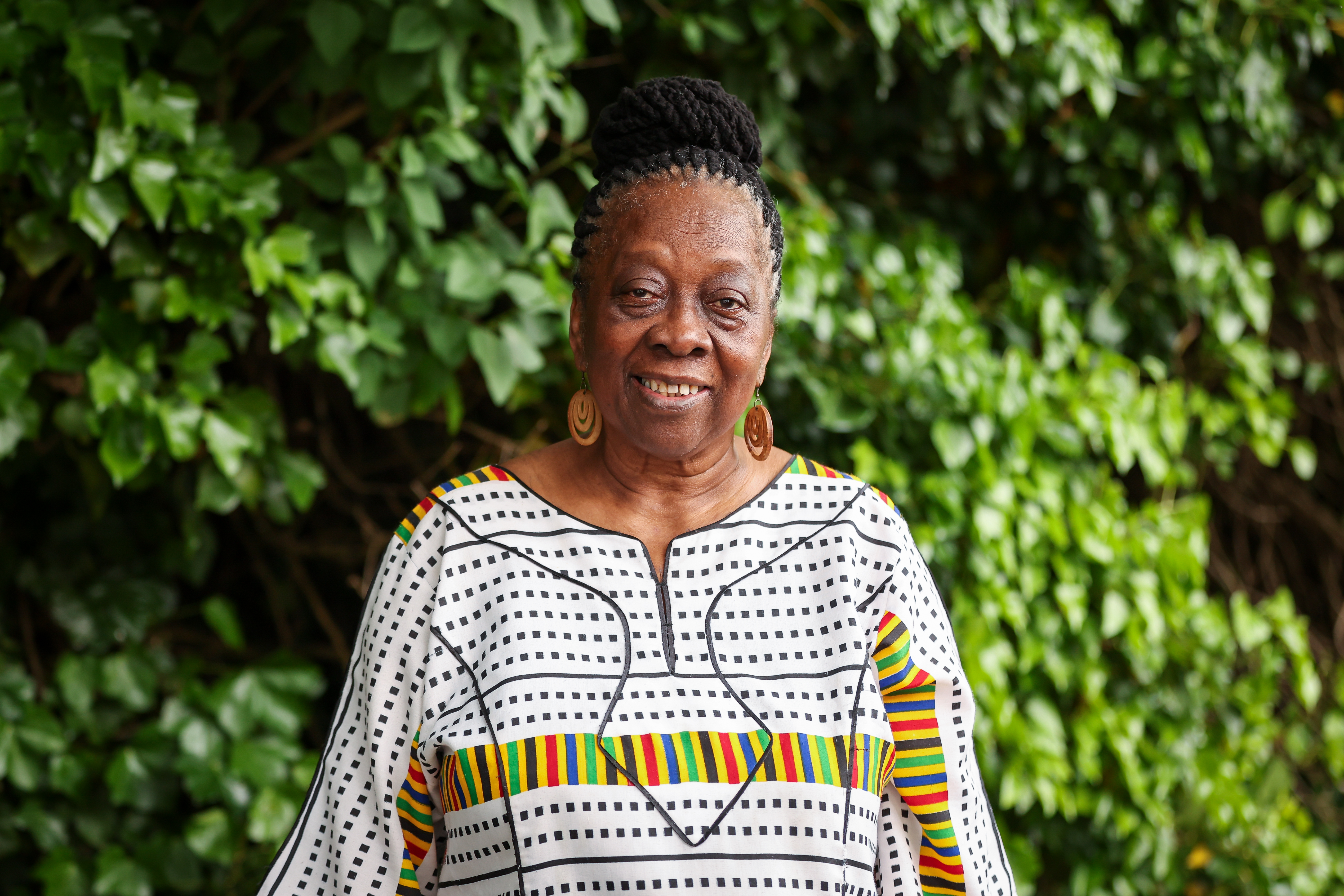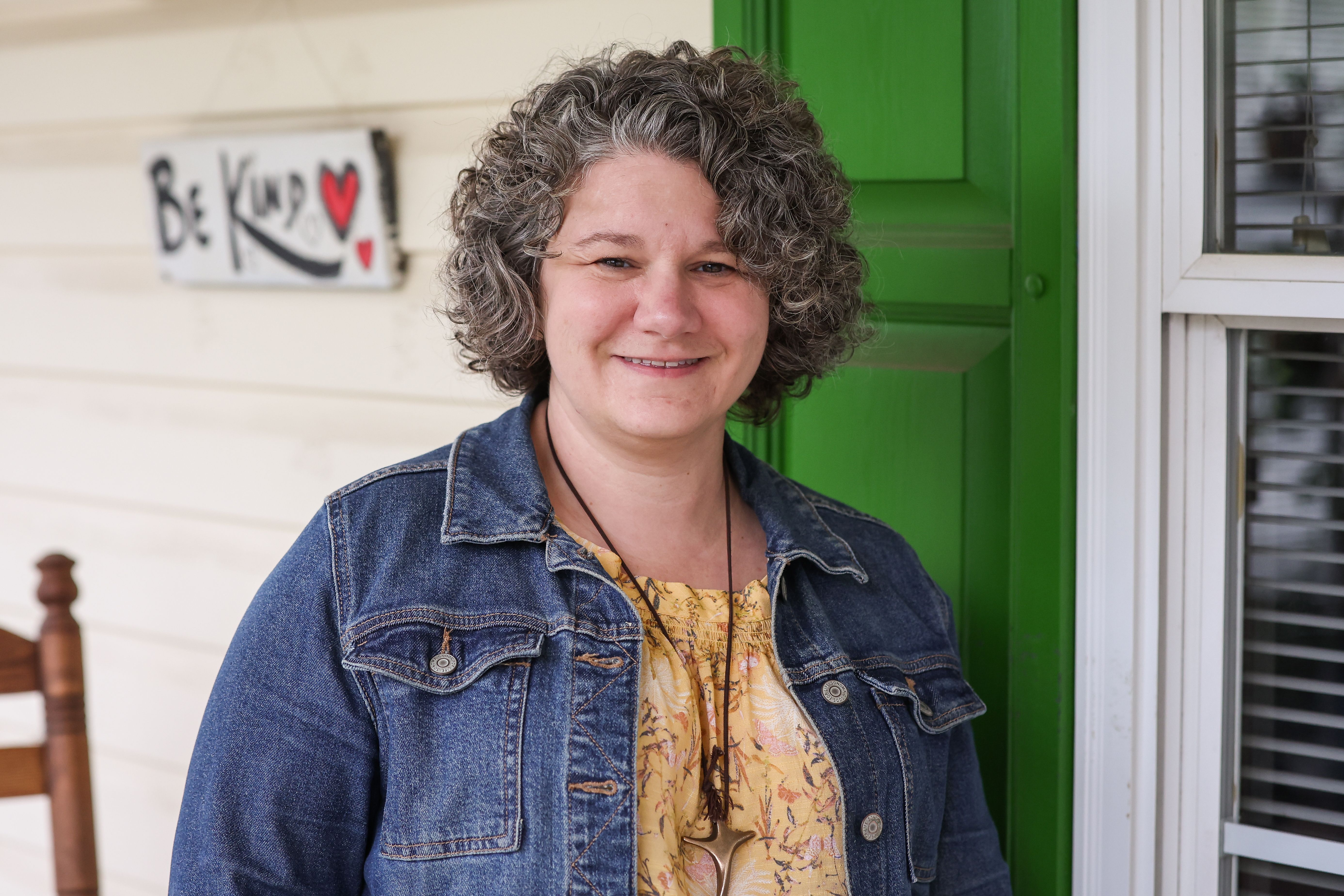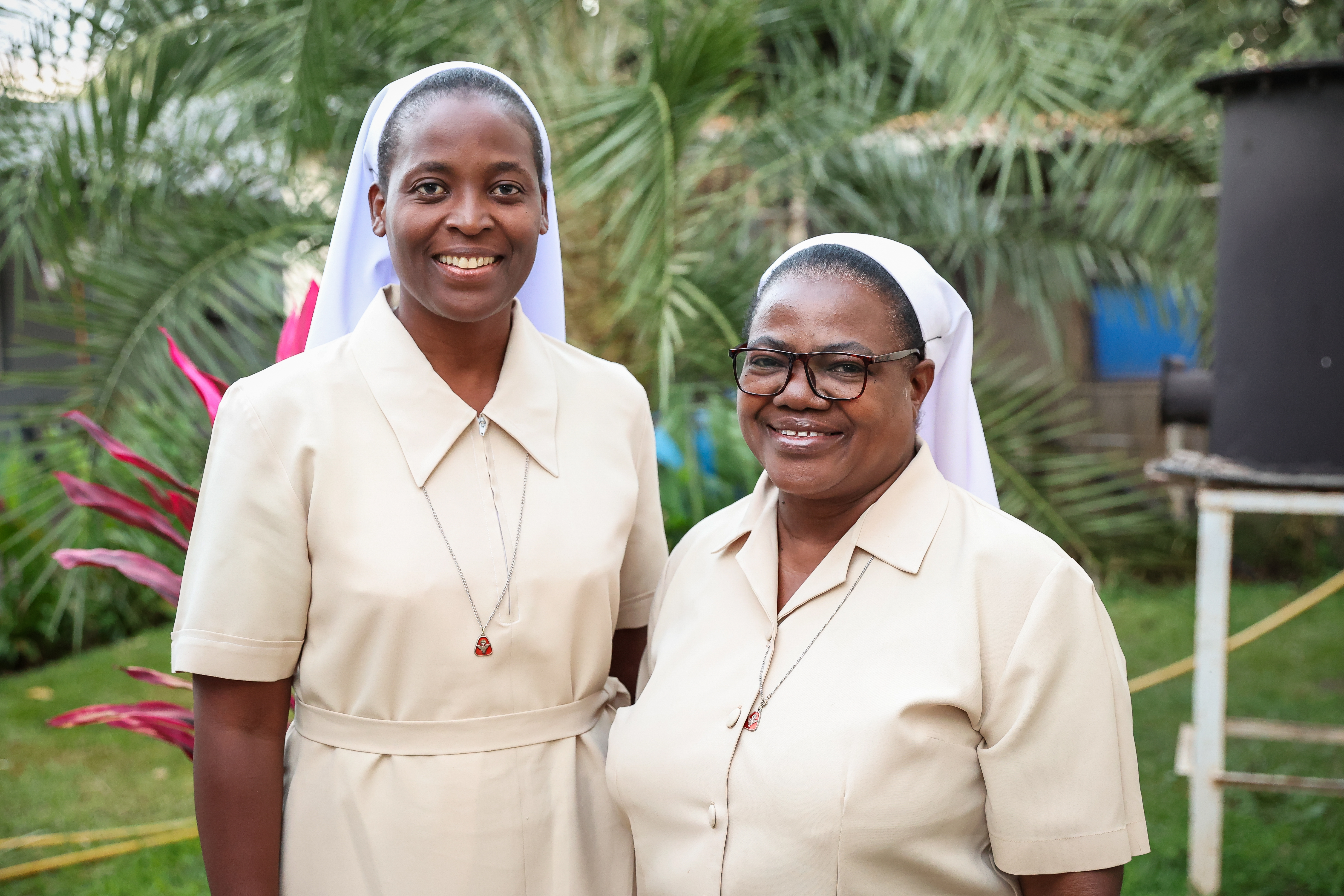Xavier University of Louisiana and the Opus Prize Foundation Announce 2025 Opus Prize Finalists

Xavier University of Louisiana and the Opus Prize Foundation are pleased to announce the finalists for the 2025 Opus Prize, an annual faith-based humanitarian award that recognizes social entrepreneurship. The 2025 Prize will be awarded at Xavier University of Louisiana on Thursday, November 13, culminating the 2025 Opus Prize Week at Xavier, November 10-13, 2025.
Members of the Xavier community led the process to identify the recipient pool for this year’s prize, which will award $1 million to the Opus Prize Laureate and $100,000 to each of the other two finalists. Finalists for the Opus Prize are selected for their work in championing faith-filled change and their efforts to solve the world’s most persistent social issues. Collectively, the Opus Prize represents one of the world’s largest faith-based humanitarian awards for social innovation.
“The Opus Prize lifts up those who are accomplishing extraordinary things for the good of humanity,” said Xavier University of Louisiana President Reynold Verret. “By hosting the Opus Prize, we hope to shine a light on the finalists to inspire another generation of servant-leaders.”
In March 2025, President Verret convened a group of distinguished jurors to select the three finalists from the pool of nominations. Then, in May 2025, Xavier Ambassador Teams, composed of three Xavier students and one staff or faculty member, traveled to conduct two international and one domestic due diligence site visits.
The 2025 Opus Prize Finalists are:

African Caribbean Community Initiative, Wolverhampton, England, the United Kingdom (led by Alicia Spence)
The African Caribbean Community Initiative (ACCI) is dedicated to providing holistic mental health services tailored to the unique needs of individuals from the African diaspora. The ACCI provides a unique, culturally beneficial service that plays a key role in delivering the national mental health agenda by improving the standard of service provision, reducing inequalities, and hospital readmittance among members of the African Caribbean community. The ACCI centers all of its programming to care for the “members” who have sought their support, encouragement, accompaniment, and love. Today, ACCI welcomes and supports members who come from many diverse cultures, backgrounds, and experiences. As a dynamic partner and trusted leader within the City of Wolverhampton and beyond, the ACCI strives to develop a better quality of life for its members through its Wellbeing Hub, Day Centre, outreach support, supported housing, housing advice, and counseling and therapeutic services.

Micah Ecumenical Ministries, Fredericksburg, Virginia, USA (led by Meghann Cotter)
Downtown Fredericksburg church congregations have been involved with helping the community’s homeless population since the late 1980s. Through relationship building and strengthening ties to these neighbors experiencing homelessness, the churches learned that those with unmedicated mental illness, disabilities, criminal backgrounds, or other barriers were slipping through the cracks of the system. In 2005, a new vision emerged from the churches as a pathway to assist those whose needs were not being met. Doing justice, loving kindness, and walking humbly with God (Micah 6:8) became the foundational values for forming the collaborative effort that the supporting nine churches would eventually call Micah Ecumenical Ministries. While this initiative began as a way for Fredericksburg churches to care for the community’s street neighbors, the work has evolved from a basic needs response to offering holistic care for unhoused neighbors as part of a coordinated group of other services. Nine downtown congregations claim part of their mission identity in Micah Ecumenical Ministries, working together to cultivate community and care for neighbors.

Religious Sisters of the Holy Spirit, Mazabuka, Zambia (led by Sr. Juunza Mwangani and Sr. Rosalia Sakayombo)
Since their founding in 1971, the Religious Sisters of the Holy Spirit have been involved in teaching, pastoral work, and formation among their own people within the Diocese of Monze. In responding to the emerging needs of their communities, they have developed apostolates to support education, health care, social work, youth ministry, and social entrepreneurship. Special emphasis in their ministries has been on uplifting the livelihood of financially disenfranchised people, especially women and children. As a practical initiative, the Religious Sisters of the Holy Spirit have set up an integrated farming enterprise, which is used as a training and demonstration site for both emerging and established farmers. In this venture, the Religious Sisters of the Holy Spirit provide empowering approaches for individuals and communities, by combining academic education, eco-friendly integrated farming, hands-on learning, and entrepreneurship literacy in a safe environment.